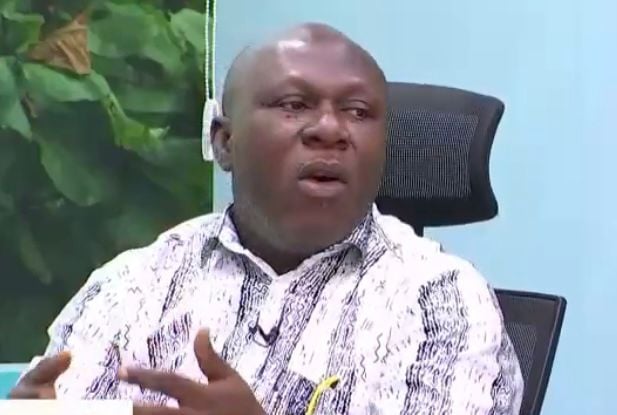The Managing Editor of the Newscenta newspaper, Elvis Darko, has launched a scathing critique of Attorney General and Minister for Justice, Dr. Dominic Ayine, accusing him of engaging in unprofessional and potentially prejudicial public commentary. Darko argues that Dr. Ayine’s pronouncements on ongoing corruption cases, particularly his characterization of certain activities as “criminal enterprises,” effectively pre-judge the guilt of suspects before a court ruling. This, he contends, violates the fundamental legal principle of presumption of innocence enshrined in Ghana’s constitution. Darko emphasized that while investigations into suspected wrongdoing are warranted, publicly labeling individuals or organizations as engaged in criminal activity before a court has reached a verdict is inappropriate and potentially damaging. He further questioned the necessity of the Attorney General’s frequent press briefings on these matters, suggesting they serve more to generate public sentiment than to inform.
Central to Darko’s criticism is the potential impact of the Attorney General’s statements on the fairness of legal proceedings. By publicly declaring individuals guilty before a trial, he argues, Dr. Ayine creates a prejudicial atmosphere that could influence public opinion and potentially even the judiciary. This undermines the integrity of the justice system and casts doubt on the impartiality of the legal process. Darko suggests that the Attorney General, as the chief legal officer of the country, should exercise greater caution and restraint in his public pronouncements, ensuring that his words do not compromise the rights of the accused or the integrity of the legal system. He believes that Dr. Ayine’s conduct is unbecoming of his office and potentially driven by political motivations rather than a commitment to upholding the law.
Darko draws a sharp distinction between suspicion and proven guilt, emphasizing that while the Attorney General may suspect criminal activity, it is not his role to pronounce guilt before a court has considered the evidence. He contends that Dr. Ayine’s use of the term “criminal enterprise” suggests a pre-determined conclusion, effectively pre-empting the judicial process. This, according to Darko, is a dangerous precedent that could erode public trust in the fairness and impartiality of the legal system. He urges the Attorney General to adhere to the principle of presumption of innocence and refrain from making public statements that could prejudice ongoing investigations.
In contrast to Darko’s criticisms, Dr. Ayine defends the government’s regular updates under the Operation Recover All Loots (ORAL) initiative, asserting that they are designed to promote transparency and accountability, not to unfairly target political opponents. He frames the briefings as a crucial element of democratic governance, enabling the public to stay informed about efforts to combat corruption. Dr. Ayine draws parallels with practices in other democracies, such as the United States, where prosecutors regularly provide updates on high-profile investigations, arguing that this level of public engagement is a hallmark of a transparent and accountable government.
Dr. Ayine’s defense rests on the premise that transparency is a vital component of effective governance and that the public has a right to be informed about ongoing investigations into alleged corruption. He argues that the ORAL briefings serve this purpose by providing regular updates on the progress of these investigations. Moreover, he suggests that public awareness and scrutiny can contribute to a more robust and accountable anti-corruption effort. By keeping the public informed, the government aims to demonstrate its commitment to tackling corruption and to build public confidence in its efforts.
However, the contrasting perspectives of Darko and Dr. Ayine highlight the delicate balance between transparency and the presumption of innocence. While transparency is undoubtedly a crucial element of democratic governance, it must be exercised responsibly and with due regard for the rights of the accused. The challenge lies in finding a way to inform the public without prejudicing ongoing investigations or undermining the fairness of the legal process. This requires a careful and nuanced approach to public communication, ensuring that information is shared responsibly and without compromising the rights of individuals or the integrity of the judicial system. The debate underscores the inherent tension between the public’s right to know and the fundamental legal principle of presumption of innocence, emphasizing the need for a careful balancing act to protect both these important values.


